The right to equality before the law is guaranteed in the International Covenant on Civil and Political Rights (ICCPR),1 but it is far from a reality in Queensland in 2021.
The reason is underfunding of legal aid services.
Criminal law defendants have a right – enshrined in article 14(3)(d) of the ICCPR – to have legal assistance assigned in any case where the interests of justice so require, and without payment if the defendant does not have the means to pay for it. Legal aid is the system we have to make sure this happens, but it is failing.
The concept of “the interests of justice” has been given a narrow compass by courts in Australia. While, in Dietrich v The Queen,2 the High Court established that a serious criminal proceeding may be stayed in the absence of representation, it did not establish a general right to legal representation under Australian law for criminal law cases.
The Queensland Human Rights Act 2019 also skirts the issue by a circular reference to eligibility for Legal Aid under the Legal Aid Queensland Act 1997.3
The Legal Aid eligibility tests are hard to satisfy because they are used to ration available funds.
The consequence in a poorly funded legal aid system is that only the most impoverished charged with more serious offences have a right to publicly funded legal representation. Everyone else must fend for themselves.
A mean means test
The Legal Aid means test is so stringent that the Productivity Commission estimates that only 8% of households would be likely to meet the income and assets test for legal aid.4
The Australian Council of Social Service estimates that 13.6%5 of the population lives in poverty – so not even all below the poverty line are financially eligible for legal aid. Those closer to the poverty line, and even those moderately above it, have little capacity to afford the legal fees necessary to defend criminal law proceedings. The Legal Aid means test has fallen worryingly below the poverty line.
Unfair rates for legal aid work
Even when legal aid is granted, there frequently remains a serious inequality of arms.
The power and might of the state is arrayed against an accused. The accused’s lawyer, if a private solicitor funded by legal aid, may be paid for the whole day an amount that approximates a solicitor’s hourly rate in the real world.6 The rates paid by Legal Aid have fallen to significantly below fair and reasonable rates.
Private lawyers accepting a grant of legal aid to represent an accused are rarely paid for all the hours of work required. Legal aid rates were initially set at 80% of the relevant Court Scale. Now, decades later, they approximate 50% of a scale that is already much lower than market rates.7
We frequently praise the efforts of pro bono lawyers in civil justice, but the solicitors and barristers working at legal aid rates, providing representation in around 75 to 80% of all legally aided cases8 are the mainstay of our criminal justice system. Without them, the system would collapse. It is an unsustainable foundation.
This has been recognised in other jurisdictions, with the New South Wales Government committing $88 million in additional funding to Legal Aid New South Wales to raise hourly rates progressively to $195 over four years.9 While the adequacy of this is moot, at least it is a step in the right direction.
The rates paid in Queensland are among the lowest in Australia. Queensland Law Society has called on the Queensland Government to take urgent action to shore up our system of criminal justice by paying fair and reasonable rates for legal aid work.
QLS has also called for the Legal Aid Board to consider, as a matter of urgency, what action it can take towards the payment of fair and reasonable rates for Legal Aid work.
In this regard, I note that Legal Aid Queensland achieved a surplus in the last financial year of $9.8 million. While around $3million of this related to asset revaluation, to quote from the LAQ Annual Report: “Our financial position remains healthy and reflects the board and management’s commitment to sound financial management principles to ensure the long-term sustainability of core services.”10
Of course, the Legal Aid Board has a governance dilemma in voluntarily paying more for services it purchases from private lawyers – if they can find solicitors and barristers to work for the rates they pay, why should they pay more? The answer is, in their own words, to ensure the long-term sustainability of core services.
It is to be hoped that there is not the need for a Legal Aid strike by the private profession in Queensland, as has occurred in Victoria, before rates are increased.
This article is an edited extract of the Derek Fielding Memorial Lecture 2021 delivered by Elizabeth Shearer to the Queensland Council of Civil Liberties, entitled ‘Access to Civil Justice – A necessary pre-condition for the realisation of rights and liberties’.
Footnotes
1 See Article 14 of the International Covenant on Civil and Political Rights.
2 [1992] HCA 57.
3 Section 32(2)(f) of the Human Rights Act 2019 (Qld).
4 Productivity Commission, Access to Justice Arrangements – Inquiry Report Overview at page 20.
5 See povertyandinequality.acoss.org.au/poverty/.
6 The day rate for a solicitor instructing counsel in the Magistrates Court on a summary trial is $481 see legalaid.qld.gov.au/files/assets/public/work-instructions/grants/scale-of-fees-2020-criminal.pdf.
7 The scale rate in the Magistrates Court for general attendances by a solicitor in matters over $50,000 is $258, Legal Aid hourly rates, the hourly rate for duty lawyer work, is $132.
8 Legal Aid Queensland Annual Report 2020-21 at page 31.
9 See legalaid.nsw.gov.au/for-lawyers/policyonline/policy-bulletins/policy-bulletin-2021-4-increased-fees-for-private-lawyers-in-state-matters.
10 Legal Aid Queensland Annual Report 2020-21 at page 17.


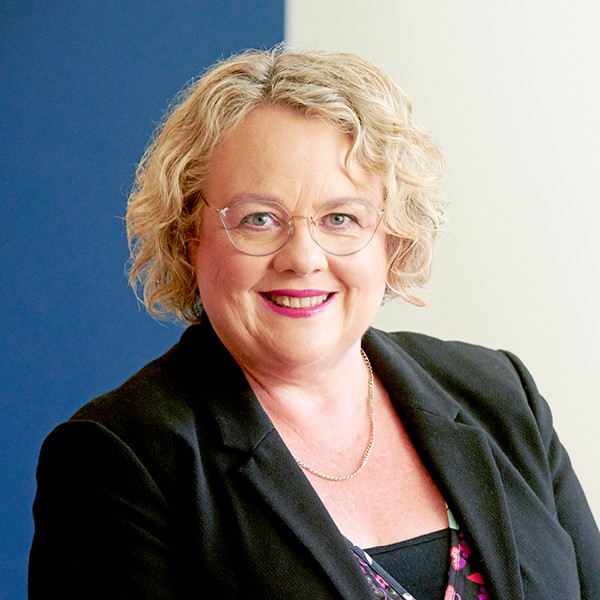
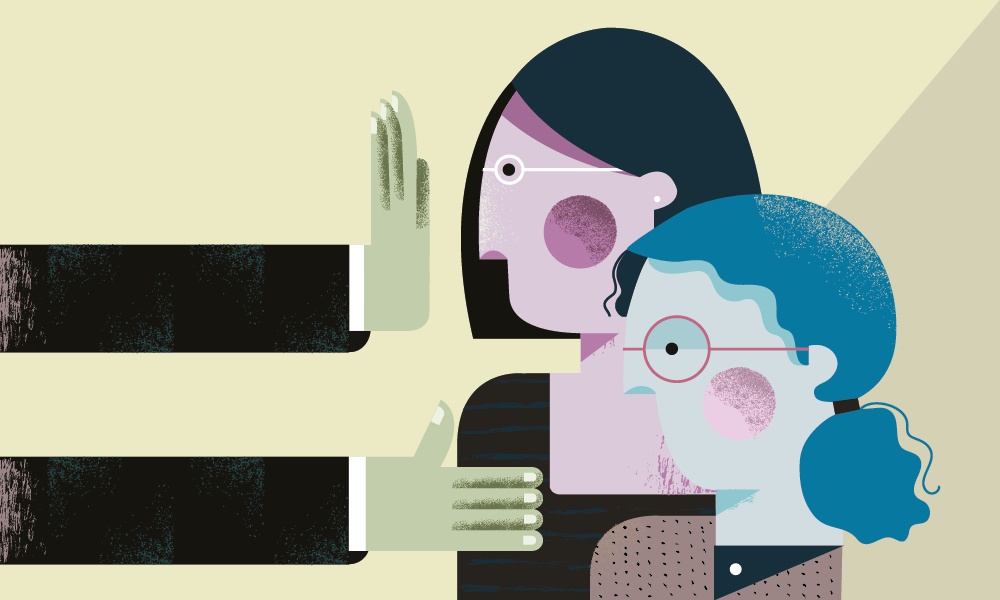



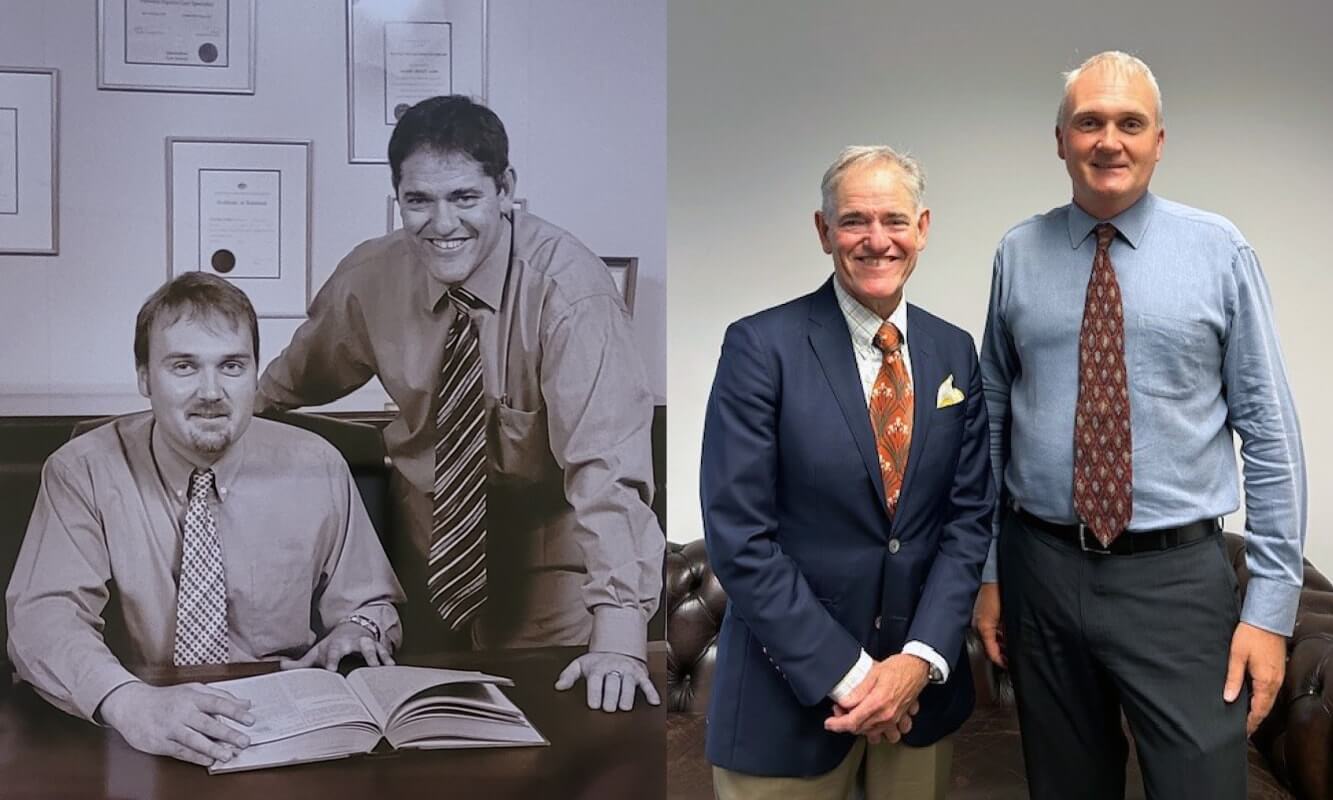
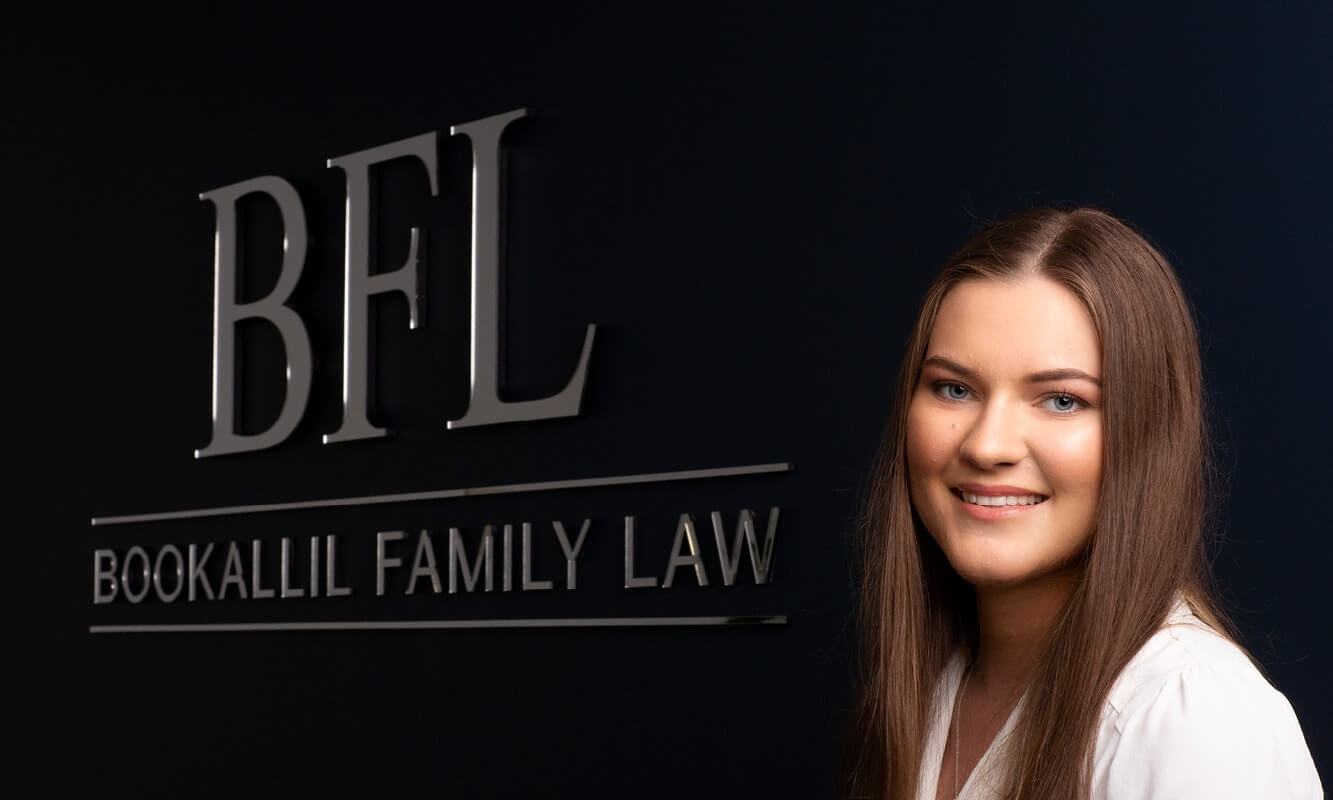
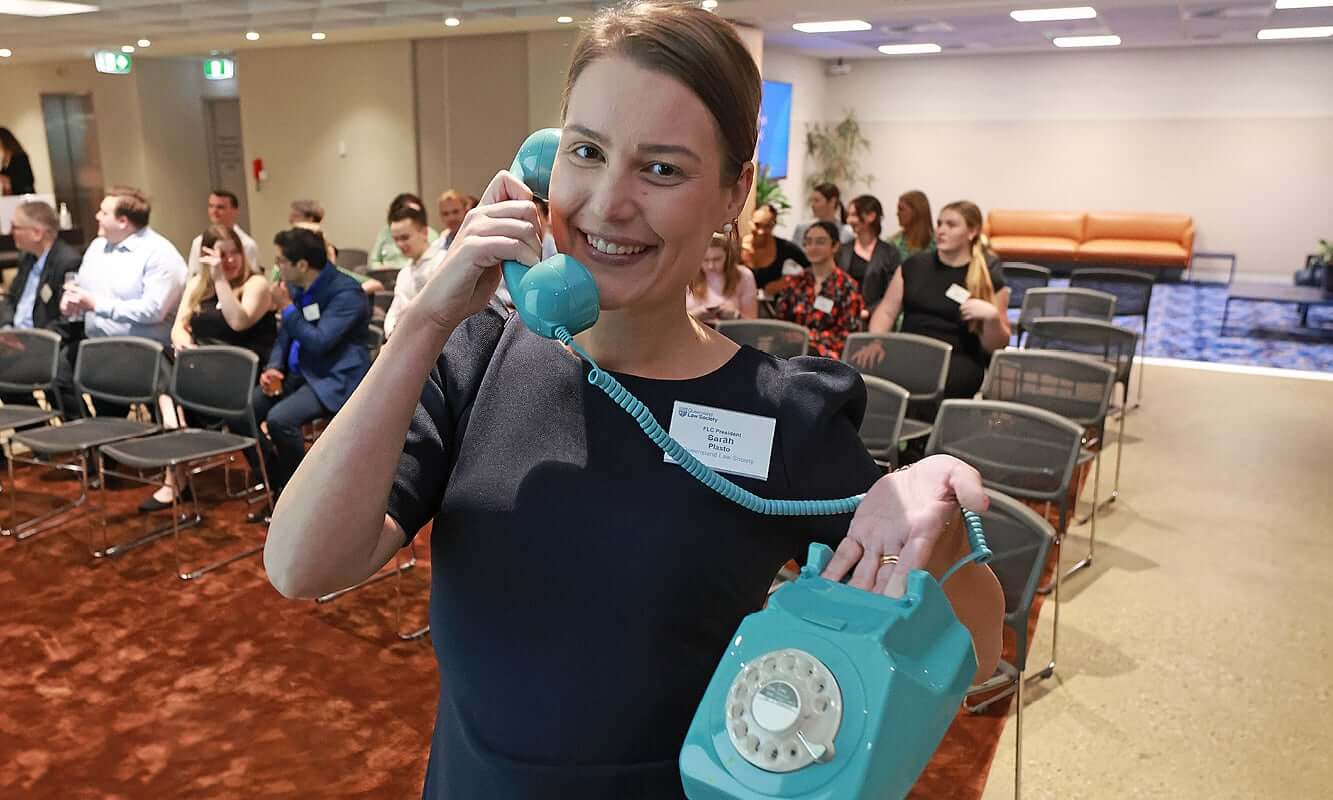
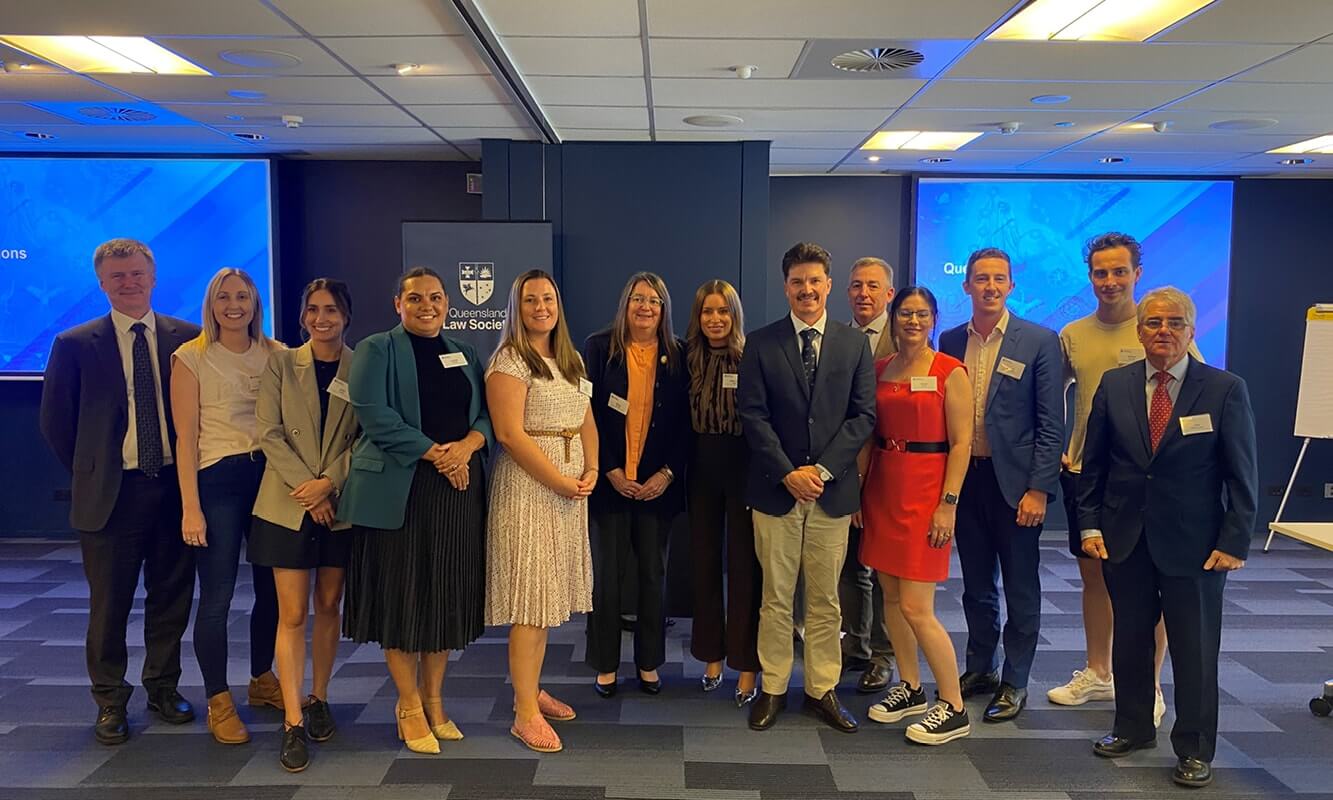


Share this article